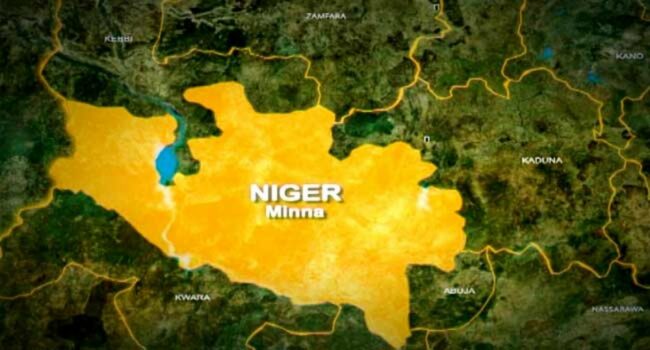The wife of Ebonyi State governor, Mrs Mary Maudline Nwifuru, has visited victims of cholera at the General Hospital Complex, Iboko, in Izzi Local Government Area.
Addressing the people, Mrs Nwifuru said that the outbreak of the disease has further challenged the state government to intensify efforts in sensitising the people to the need for personal hygiene.
According to her: “The recent cholera outbreak has affected many of our brothers and sisters, and as we work towards stopping the spread, we are aware of the urgency of addressing not only the disease but underlying factors that contribute to the outbreak of the disease.
“My visit to the victims of this unfortunate outbreak has opened my eyes even further to the real struggle our people are undergoing in the fight against the preventable disease.
“The sight of our brothers and sisters battling cholera is a powerful reminder that we must do more to protect our communities from the devastating effect of infectious disease, as cholera is a highly preventive disease, yet it continues to claim lives in our rural and urban communities; the root cause of this disease is poor sanitation,” she explained.
The wife of the governor, who appealed for more awareness from stakeholders and NGOs, assured the people that the state government would strengthen measures to curtail the unwarranted resurgence of the disease in every part of the state.
“As part of this campaign, we will be launching cholera awareness, preventable, and prevention initiative that we will be educating our communities on the importance of cleanliness, hygiene and early preventive measures.”
Earlier, the Ebonyi State Commissioner for Health, Moses Ekuma, said the disease has claimed 28 lives across 10 local government areas in the state.
He appreciated Governor Francis Nwifuru and his wife for their significant support to the ministry especially the recent registration of state civil servants in the health insurance scheme.
He, then, warned against poor hygiene while urging the public to report victims to nearby hospitals as six centres have been created to address the outbreak.
The representative of one of the donor agencies, Doctors Without Border, Mr David Hernadis, described the disease as endemic and called for more sensitisation across the state.







